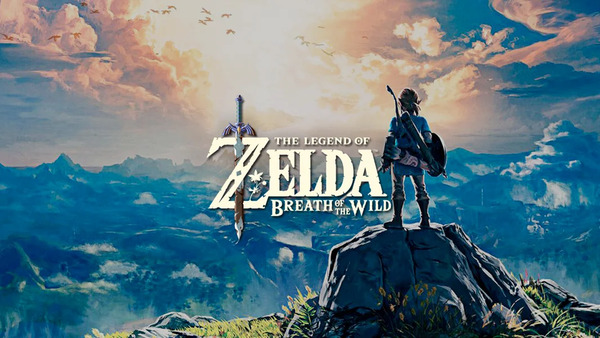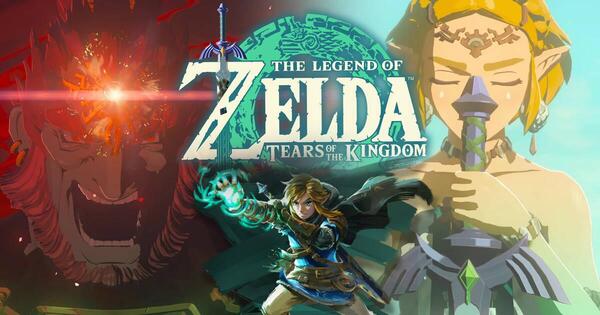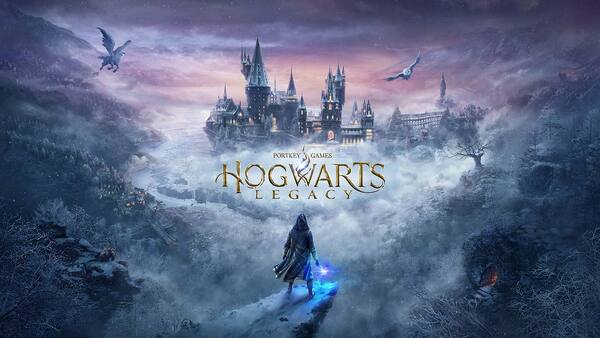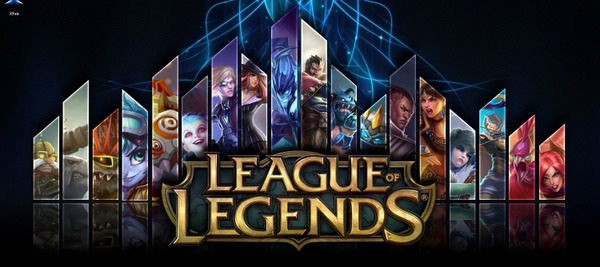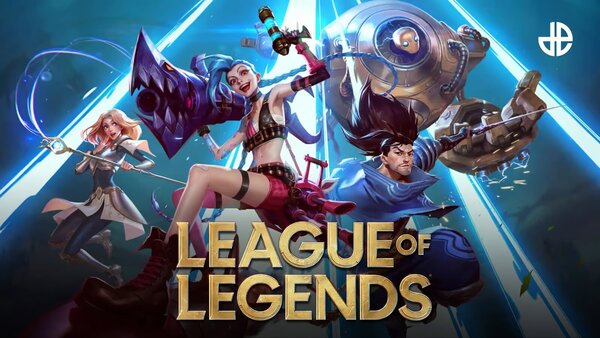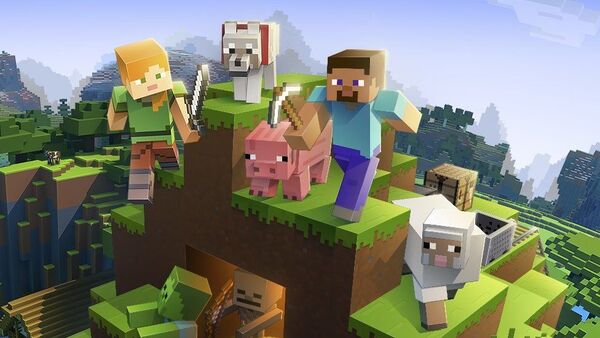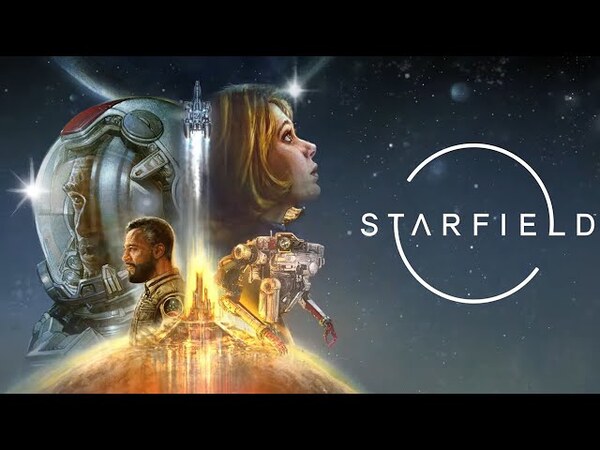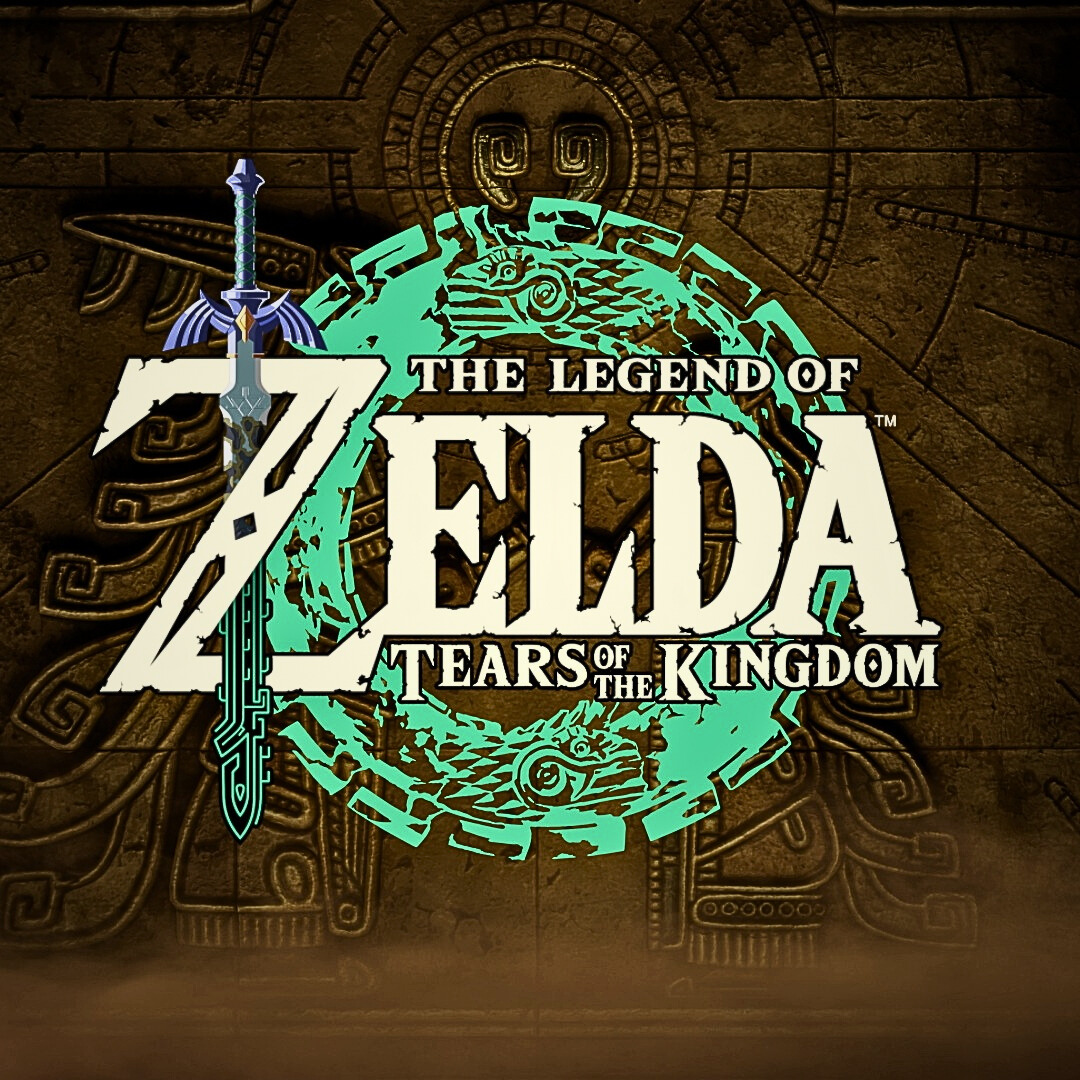
The Legend of Zelda
All trademarks belong to their respective owners.The Timeless Legacy: How Zelda Still Changes Gaming
The Legend of Zelda isn’t just a game series; it’s a giant in gaming history that keeps influencing new games. For almost 40 years, it’s been pushing boundaries and inspiring countless other titles. Here’s why Zelda’s legacy is so important:
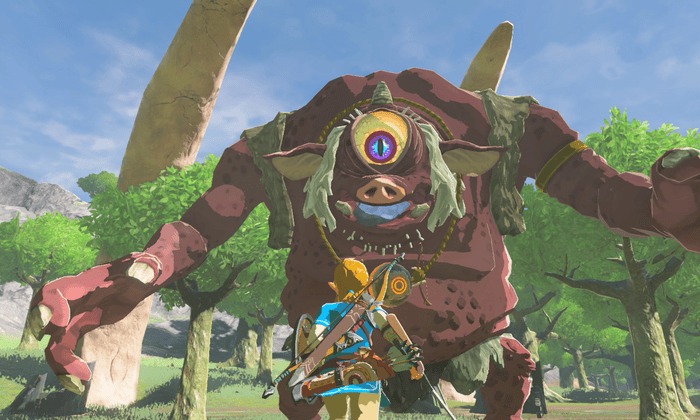
1. Inventing Open-World Gaming (Before It Was Cool):
- Even the very first Zelda game (1986) let you explore a huge world with little guidance. You had to find your own way and discover secrets.
- A Link to the Past (1991) expanded this with “light and dark worlds,” making maps complex and rewarding.
- These early games set the stage for modern open-world games like Skyrim or Grand Theft Auto, long before they became common.
- Breath of the Wild (2017) took this even further, creating an “open-air” world where you could go almost anywhere from the start, forcing other games to rethink their own open worlds.
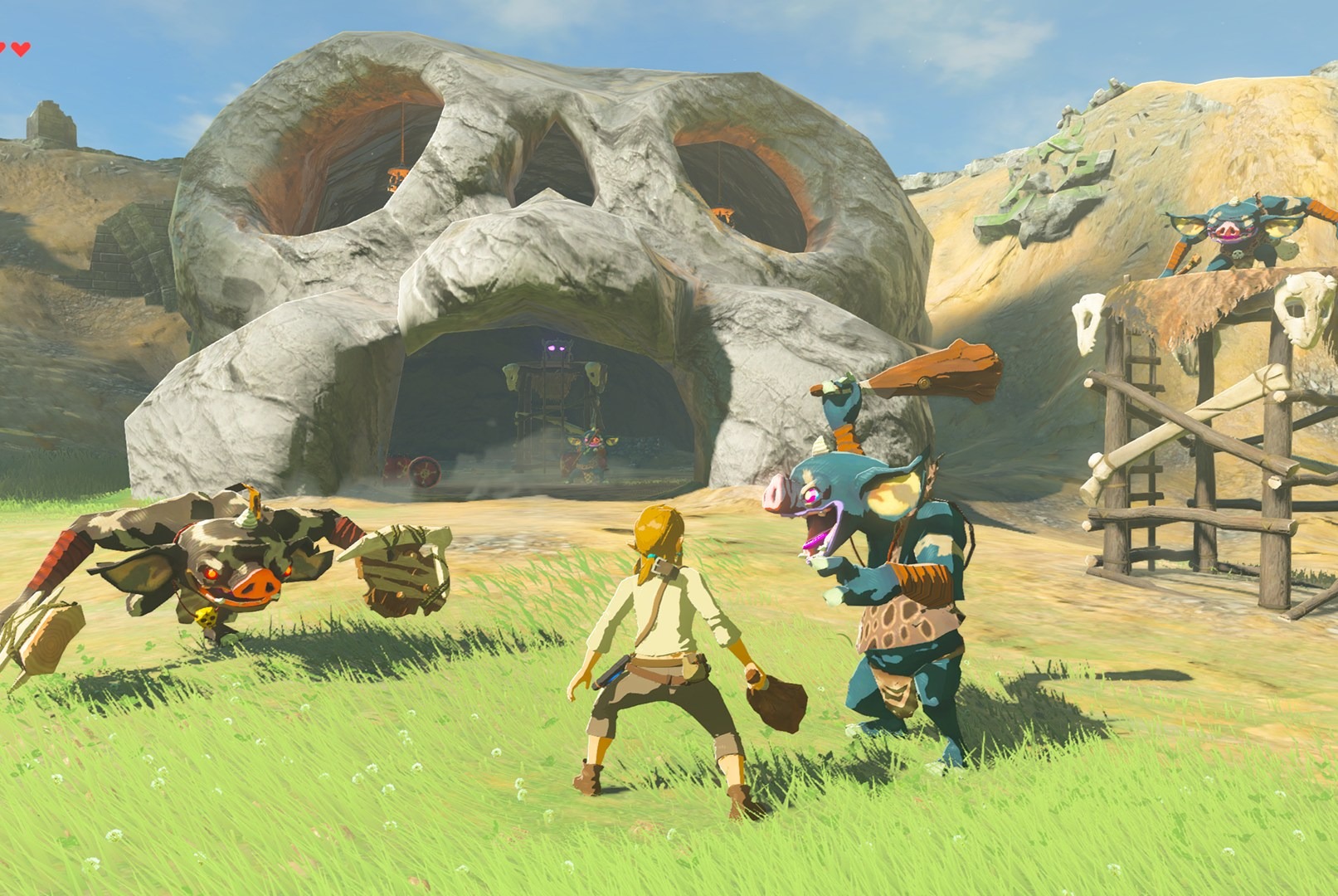
2. Defining 3D Adventures (Thanks to Ocarina of Time):
- When Ocarina of Time came out in 1998, it changed 3D games forever. Its ideas became standard for years:
- Z-Targeting: This “lock-on” system made fighting in 3D easy and precise. Every 3D action game copied it!
- Smart Actions: Link’s actions changed depending on what he was near (climbing, pushing), making controls simple.
- Seamless Worlds: Moving between big fields, towns, and dungeons felt amazing for its time.
- Epic Bosses: Boss fights were big, multi-stage puzzles that used the items you found – a formula many games still use.
- This game influenced huge titles like Dark Souls and God of War.
3. Amazing Dungeon Puzzles:
- Zelda dungeons are famous for being like giant puzzles. They’re not just places to fight.
- Items are Keys: Every new item you get isn’t just for fighting; it’s also the key to solving puzzles and opening new areas. This makes finding items extra exciting.
- Brain Teasers: Dungeons make you think, visualize, and solve problems, giving you a huge “aha!” moment when you figure them out. This inspired many puzzle-adventure games.
4. Rich Stories & World-Building:
- Even with little talking, Zelda tells deep stories through its lore, recurring characters (Link, Zelda, Ganon), and the world itself.
- Timeless Cycle: The idea of a hero, princess, and villain appearing in different eras makes each game unique but still connected.
- Visual Storytelling: Secrets and hints are often hidden in the environment, rewarding players who pay close attention.
- Iconic Music: The music by Koji Kondo is unforgettable and makes the games feel even more emotional and magical.
5. Always Changing, Always Zelda:
- Zelda’s biggest legacy might be its courage to try new things without losing its core identity. From the time-travel in Majora’s Mask to the motion controls in Skyward Sword and the massive open world of Breath of the Wild, the series always takes risks.
- This keeps Zelda fresh, relevant, and at the top of game design, while still delivering that special “Zelda feeling” of adventure and heroism.
The Legend of Zelda is a masterpiece that keeps growing and shaping what video games can be. Its magic continues to draw players into its unforgettable world.
